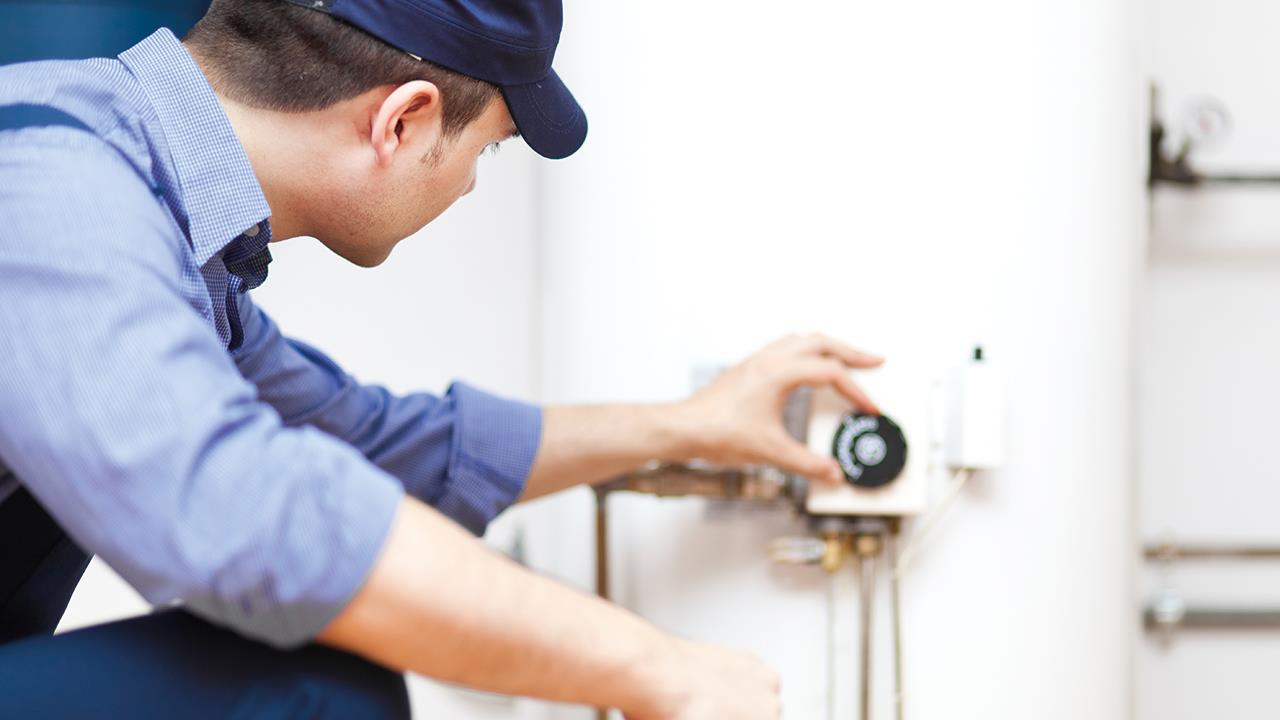

Hot Water Association (HWA) member and Managing Director of RA Tech UK, Russell Armstrong, discusses why more unvented water heaters are not routinely serviced and asks what can be done to encourage more homeowners to get their unvented cylinders serviced on a regular basis.
Being in the heating industry for as many years as I have, it still surprises me that homeowners do not properly understand the importance of regular maintenance and getting their hot water cylinders serviced.
It’s not that expensive to get this done and yet the benefits, such as picking up on early warning signs of system issues, are so important that it may be time to have this conversation with your customers.
Many manufacturers give very long warranties on their cylinders, anything from 15-20 years, to some even offering a lifetime. First of all, this shows the quality and confidence that manufacturers have in their products, as well as the belief that they will run trouble-free for many years. However, many manufacturers do require that the cylinder is serviced every year from the first year after installation.
Encouraging the homeowner to maintain the warranty also benefits the installer, as any repeat servicing work and will keep them connected to their customer. Customers always value good advice, and an experienced installer should always be willing to pass on the benefit of their expertise.
So, as part of the handover and on completion of installation, would it not be a good idea to pre-book next year’s service, or at least set up a reminder for both the installer and customer to remind them of when that service is due?
Luckily, as a resource for the installer, the HWA has already produced a homeowners’ guide called the Unvented Hot Water Storage Cylinder – Servicing Guide. This document explains in clear detail the benefits that servicing brings and can then simply be shared with the homeowner as third-party validation that what they are saying is true.
The benefits of regular servicing include:
By making sure the homeowner is aware of the benefits, you should then be able to get that servicing work as an ongoing maintenance schedule to increase revenues for your business year-on-year, while providing a very important service.
As a point of interest, and G3 installers will be fully aware of this, but if the expansion vessel or air bubble has dissipated and the system has lost its ability to absorb the expanding water, when the water starts to heat up, it expands and, if no taps are opened during that heat up phase, the whole system will be subject to the pressure developed by that expanding water.
Many pressure relief valves open between 6 and 10 bar. Therefore, if the water starts to flow out of the PRV, that system would potentially get subjected to those pressures each and every time the system goes through its heat up cycle. This could happen two or three times a day where the system pressure may climb to 6 or 10 bar, or at least be sufficient to be discharged out of the PRV. This cannot be healthy for the system and may even lead to premature failure of some of the components on or within the system.
When water drips out of the PRV, the system is already showing signs of distress and this is not good for the system. By explaining this to your customer, they will have a much better understanding of the importance of the servicing work being proposed.
Of course, in this day and age, protecting our valuable water resources is also important. A dripping tundish could go on to waste loads of water and, bearing in mind that the water wasted would be warm water, there is an added penalty that the homeowner would have paid for that water to be heated in the first place.
If you'd like to keep up-to-date with the latest developments in the heating and plumbing industry, why not subscribe to our weekly newsletters? Just click the button below and you can ensure all the latest industry news and new product information lands in your inbox every week.